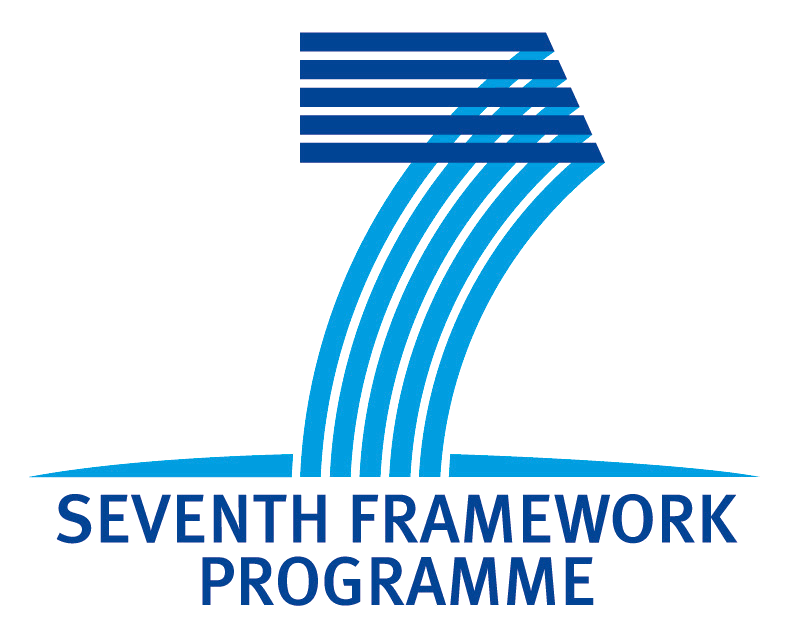Multilingual semantic wiki
| Title | Multilingual semantic wiki |
| Publication Type | Deliverable |
| Authors | Fuchs, NE, Kaljurand, K, Kuhn, T |
| Accession Number | 112 |
| Year of Publication | 2013 |
| Number | D 11.2 |
| Date Published | 01/2013 |
| Publication Language | English |
| Abstract | This report describes our work to extend the existing semantic wiki engine AceWiki — which is based on the controlled natural language (CNL) ACE — with multilinguality features. In our approach, the underlying multilingual CNL grammar is implemented in Grammatical Framework (GF). The grammar facilitates precise automatic translation between different natural languages defined by the grammar, making the wiki content multilingual. The underlying grammar itself is integrated into the wiki and can be collaboratively edited. We discuss the current implementation of the system and its use cases. |
| Keywords | ACE, AceWiki, Attempto Controlled English, Controlled Natural Language, GF, Multilingual Grammars, semantic wiki, WP11 |
| Notes | The version of AceWiki-GF described in the deliverable is identified by this Git commit ID: https://github.com/AceWiki/AceWiki/commit/ebee4156f6b098d389399717e893b4... |
| Attachment | Size |
|---|---|
| d11_2.pdf | 347.72 KB |
| d11_2_v1_1.pdf | 410.98 KB |
What links here
No backlinks found.



Comments
Finnish
I checked the Finnish translations for the wiki with multilingual ACE (AceWiki subset, small test vocabulary).
What is the rection for the verb ask supposed to be? If we have a person object, it would be meaningful to have it as an indirect object. "John asks Mary (about something)", so in Finnish the argument Mary should be in ablative, "John kysyy Maryltä (jotakin)".
Also I notice "John on hullu Maryn TODO" as a translation for "John is mad-about Mary". In Finnish the structure would be "John on hulluna Maryyn", Mary in illative case and mad in essive.
In the grammar I see these lines:
So this is for things like "(there is a) woman X (who is such that...)", right? In these you're correct, the variable X doesn't inflect. So "nainen X laulaa", but "naisella X on koira". (Although if we go to phrases like "president Niinistö", then it's "presidentti Niinistöllä on koira" and not "*presidentillä Niinistö on koira". But I suppose if you add behaviour like that, it's anyway not done with same opers as variables X and Y.)
@Inari
Thanks! I've updated the wiki, see: http://attempto.ifi.uzh.ch/acewiki-gf/tmp/gfse.272882728/AceWikiTest_201...
Regarding "ask", it's a transitive verb in ACE (or actually in the AceWiki subset), so we cannot really have an indirect object. I know that the sentence doesn't sound quite right also in English.
I did a preliminary fix to the mad-about issue, see: https://github.com/Attempto/ACE-in-GF/commit/c6a2d3cf117177305188231dad4...
Regarding variables and proper names in apposition, they seem to behave in the same way in Finnish and Estonian. ACE doesn't have proper names in apposition (although it used to log time ago) so we don't need to worry about it.
Our current focus is more on the Geography domain vocabulary and on English/German/Spanish. This should avoid some potential issues (e.g. weird sentences with "ask").
Kaarel
It's correct now! :)
It's correct now! :)
Some bugs in Numerals
A quick error report: in Numerals, the language bar on the left says Quechua, but it is actually Basque; Niger-Kordofanian is actually some Slavic language.
Also, some of the language codes appear many times.
@Inari
Thanks! It's a known bug. We are trying to guess the name of the language from the name of the grammar module unless the locale is specified in the grammar using the language-flag. In this case it fails because the Numeral grammar modules do not follow the GF naming convention of "GrammarLan".
Kaarel